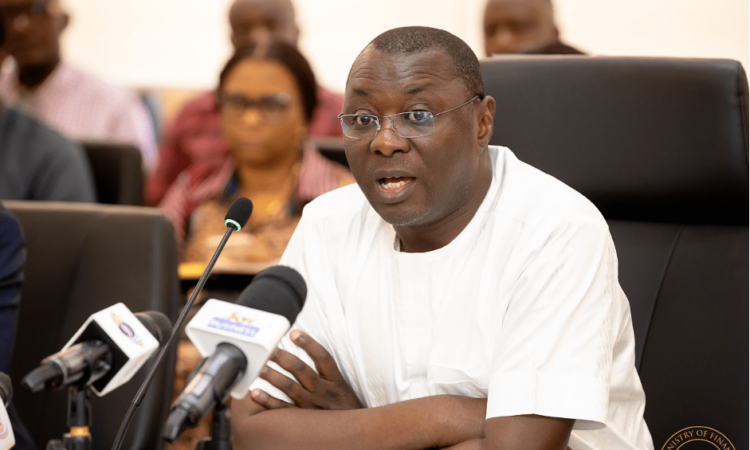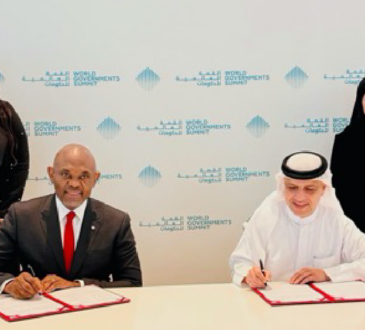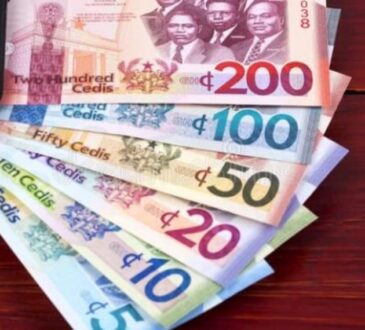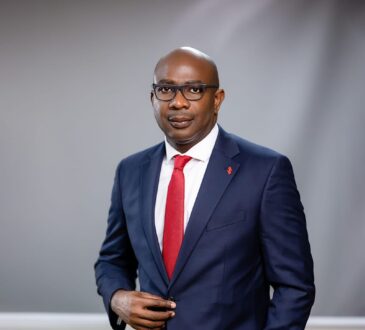
Ghana stands to lose approximately $150 million annually (equivalent to GH₵2 billion) if USAID funding is frozen, former Finance Minister Dr. Mohammed Amin Adam has revealed.
Presenting a statement on the floor of Parliament on “The Policies of the New Trump Administration in the United States and Their Implications for Ghana’s Economic Development,” Dr. Amin Adam emphasized USAID’s critical role in Ghana’s development. He highlighted its contributions to key sectors, including healthcare, education, and infrastructure.
Potential Impact of USAID Funding Cuts
Dr. Amin Adam warned that the freezing of USAID funds would have far-reaching consequences on Ghana’s economy.
“A withdrawal of these funds means Ghana will lose $150 million annually. With an already tight national budget, this could result in a significant reduction in development aid, leading to cutbacks or cancellations of essential projects, particularly in sectors crucial to Ghana’s growth,” he stated.
Despite these challenges, he urged Ghana to turn the situation into an opportunity by strengthening trade relations with the United States.
Global Trade Implications for Ghana
Dr. Amin Adam also addressed how U.S. trade policies, particularly tariffs on Canada and Mexico, could have indirect consequences for Ghana.
“While tariffs imposed on Canada and Mexico may not directly impact Ghana, they could trigger global trade disruptions. This might lead to shifts in trade patterns, reducing demand for Ghanaian exports. Additionally, countries affected by U.S. tariffs could seek alternative markets, increasing competition for Ghanaian products and disrupting supply chains that Ghanaian businesses rely on.”
Strategic Interventions to Mitigate the Impact
To counteract the potential economic fallout, Dr. Amin Adam outlined four key strategies that Ghana should adopt: Diversifying Trade Partners -expand market access through new trade agreements with the European Union, Asia, the Middle East, and Africa.
Promote export sectors such as agriculture, textiles, and technology to boost revenue.
Enhancing Domestic Production
Reduce reliance on international aid by investing in local industries to foster self-sufficiency and job creation.
Strengthen infrastructure to support efficient production and distribution of goods.
Securing Alternative Funding Sources
Encourage Foreign Direct Investment (FDI) by creating a favorable business environment.
Engage with international financial institutions to explore funding opportunities.
Tap into diaspora bonds as an additional capital source for healthcare, education, and infrastructure projects.
Strengthening Diplomatic Relations
Deepen diplomatic engagements through active participation in the African Union, United Nations, and other multilateral organizations to enhance Ghana’s global standing.
Forge alliances with countries that share similar development goals to address challenges like climate change, debt distress, and poverty alleviation.
Addressing Security Challenges
Dr. Amin Adam also noted that changes in U.S. policies could have security implications for Ghana. To mitigate risks, he proposed:
Enhancing regional cooperation with ECOWAS and neighboring countries to improve intelligence sharing and border security.
Investing in human security by prioritizing education, healthcare, and social services to create a more stable society resistant to extremist influences.
Parliamentary Reactions
Several Members of Parliament (MPs) weighed in on the discussion, underscoring the urgency of finding sustainable solutions:
Dr. Mahama Tia Kabiru (MP for Walewale) maintained that without U.S. funding, many ongoing projects in Ghana could be halted, necessitating immediate government intervention.
Richard Acheampong (MP for Bia East, Second Deputy Majority Whip) reassured the House that the government has contingency plans in place to address any funding gaps.
Deputy Majority Leader Kweku George Ricketts-Hagan remarked that while the decision was not surprising, it should serve as a wake-up call for Ghana to reduce its dependence on donor aid.
“For too long, we have relied on donor funding, which is minimal compared to our economic needs. This presents an opportunity for Ghana to industrialize, attract investments, and take control of its economic destiny. The government must take bold steps, such as implementing the 24-hour economy policy, providing raw materials to industries, and offering tax incentives to stimulate manufacturing.”he said.
With potential cuts to USAID funding and shifts in U.S. trade policies, Ghana faces economic and developmental challenges. However, through diversified trade, enhanced local production, strategic funding, and stronger diplomacy, the country can turn these challenges into opportunities for long-term growth and self-reliance.
By Eugene Davis







